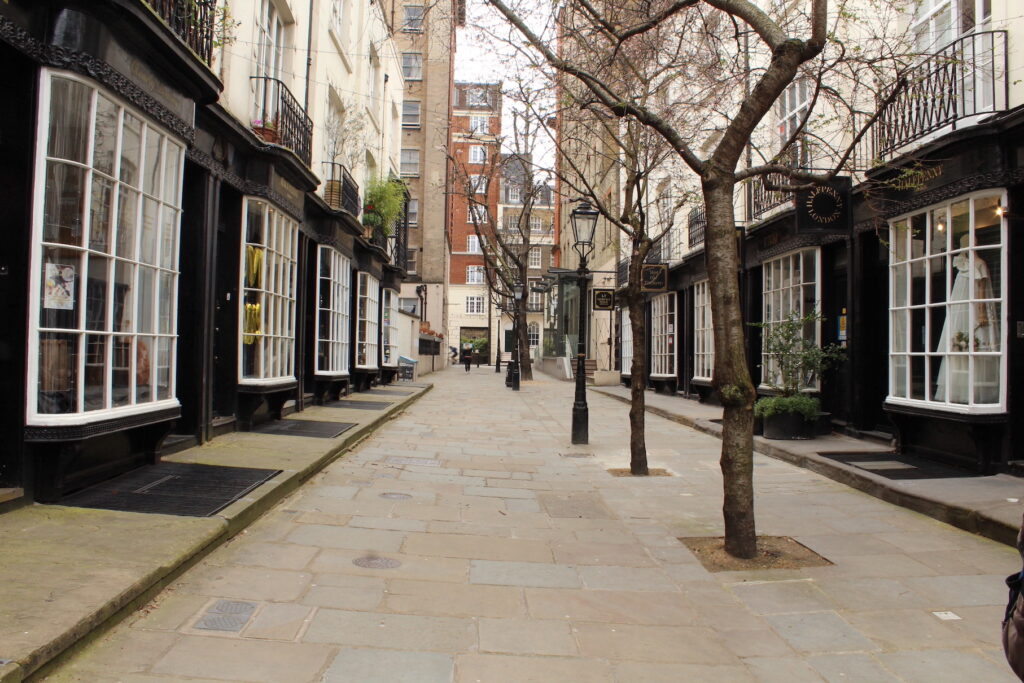Wandering along Woburn Walk one might think we have landed in a Regency novel. Perhaps you’re on your way to a haberdasher for pretty ribbons for your bonnet? Built 200 years ago, this alley still looks gorgeous and romantic.
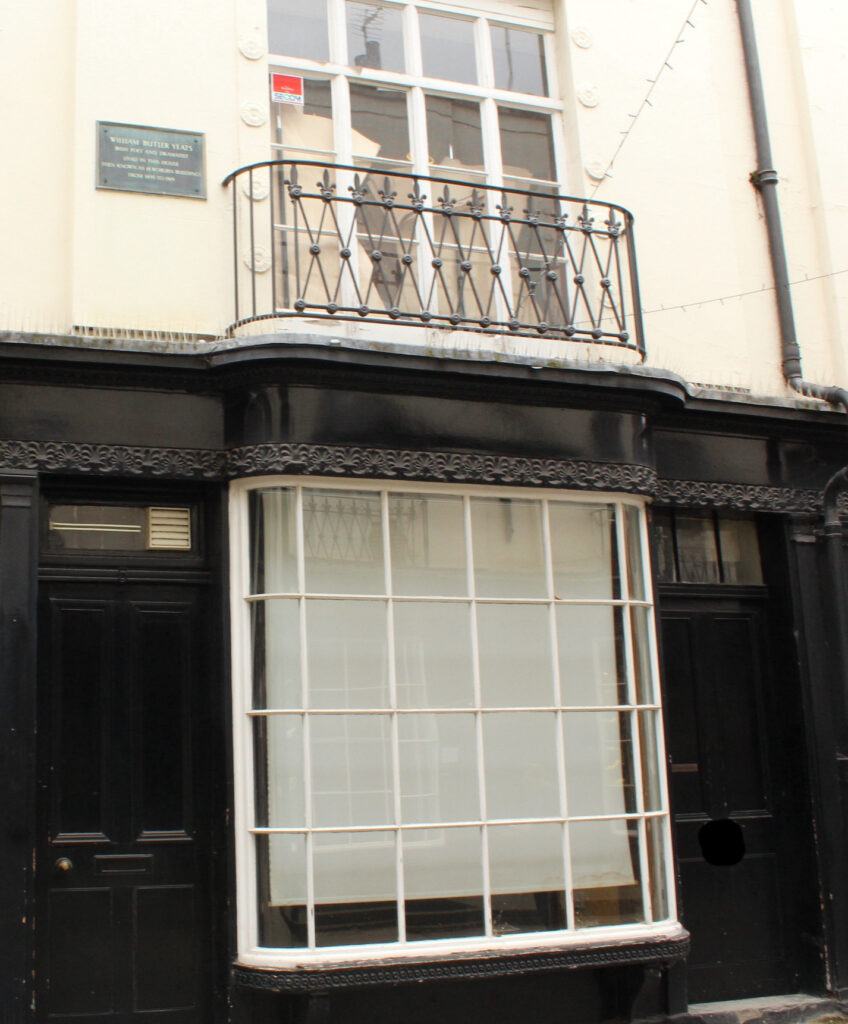
Although, when the Irish poet W.B Yeats moved in to No. 5 in 1896, the area was poor and run down. Yeats was also poor but impassioned and eccentric. The locals called him ‘the toff’ as he was the only person who received letters.
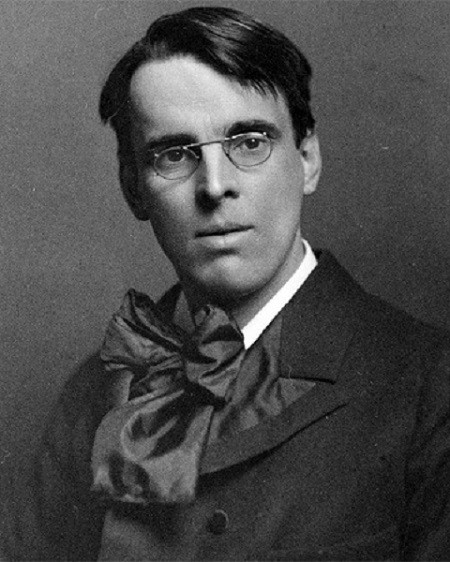
He moved Olivia Shakespear in with him. She was a young novelist to whom he lost his virginity. She loved him but had to listen to Yeats bemoaning his unrequited love for Irish nationalist Maud Gonne. The relationship quickly foundered.
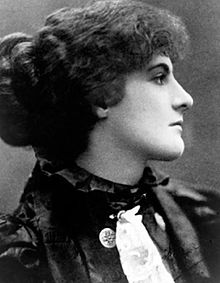
Yeats was a member of The Hermetic Order of the Golden Dawn, a secret occult group. He spent many evenings embroiled in magical ritual at its Kensington temple.
On Mondays, he hosted salon evenings. Writers including Ezra Pound, T.S. Eliot and John Masefield attended. The Irish dramatist Lady Augusta Gregory was a regular. She was a mentor and mother-figure to Yeats. Upon leaving, she often left some money under the teapot.
Love life? It’s complicated.
In 1916, Yeats by now aged 51, proposed again to his great love Maud Gonne. She turned him down. He had already developed a passion for her 21-year-old daughter, Iseult. She also said no to his offer of marriage. A few weeks later, he proposed to his 25-year-old fellow occultist Georgie Hyde-Lees. Third time lucky.

Maud Gonne 
Iseult Gonne 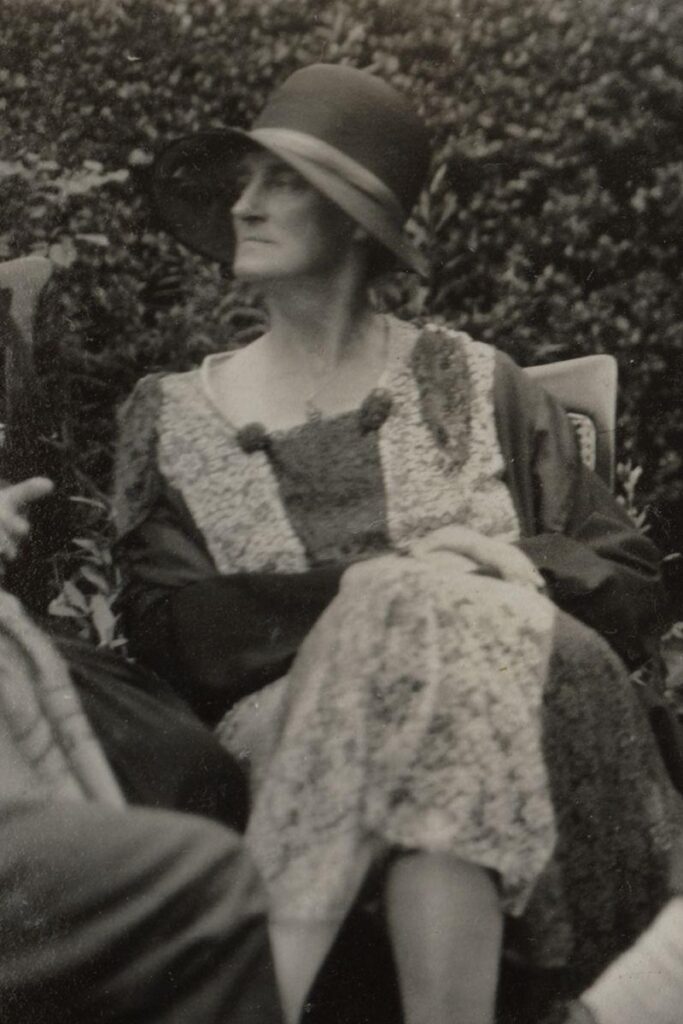
Georgie Hyde-Lees
Once married, Yeats insisted she was to be called ‘George’. He confessed to her his enduring love for Iseult. George developed the skill of ‘automatic writing’. This was how she was able to communicate with spirits of the dead. In this way, she kept Yeats spellbound. She harnessed him throughout several of his short-lived love affairs until his death in 1939.
After Yeats left the Woburn Walk lodgings in 1917, the new resident was, of all people, Maud Gonne.

